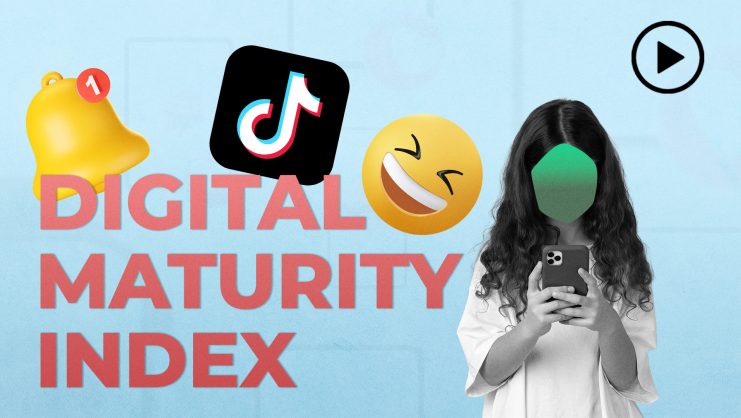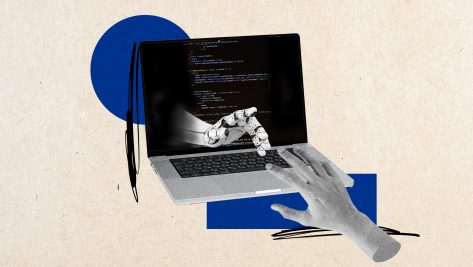Metaverse: What to Watch out for
What should we be watching out for as the metaverse grows? Ikhlaq Sidhu, Dean of IE School of Science and Technology, dives into the history of the metaverse and considers some of the questions to be answered as it expands.
© IE Insights.
Transcription
If you replace the word metaverse with cyberspace, you’ll find that quite often you’re really talking about a very similar thing. And the fact is, you’re already in it and you’ve been in it for some time. You’re going to increasingly be in it. There’s a very recent study from McKinsey that came out that in the first half of 2022, $120 billion has already been invested in metaverse.
To understand metaverse, you have to understand the history of a few things that happened along the way. When the Internet was first being developed, everyone imagined that everyone would spend their time learning all kinds of things that they didn’t have access to, that it was going to be some sort of huge educational benefit and that all this content would be there and people would be learning these things and the world would actually be more connected because we could reach anyone from anywhere else.
But weirdly enough, what happened was that if you’re living in a neighborhood and you have a very particular outside of the world view, outside of the norm view, you kind of had to talk to your neighbors and you were brought back to what was common in your neighborhood. Now, with the Internet, you could find the five people who are as extreme as you about this view, and you five can just talk to each other in this cyber world.
And so, what happened is all these silos actually developed. So, where we thought the Internet was going to connect us all, it actually separated us all. And now people have been debating and considering either what is the flaws of the Internet, what could be changed, what could be improved? And one version of that was something called Web 3.0.
Web 3.0 is actually the concept of adding digital currency, blockchain, identity into the Internet as we know it. I don’t really think the metaverse is Web 3.0. I’d say these are separate ideas. The metaverse is actually just an evolution of the experiences and the way that we are going to be using the Internet. What are the things that that we should be paying attention to as it gets developed?
One interesting thing is just on the adoption model, definitely the younger demographic is very open to spending more time in the metaverse. There’s a tension maybe between the economic interest in selling more and having more time in the metaverse, versus what’s good for the population and sometimes even what’s good for the population, whether they realize or not, how good or bad it is.
There’s definitely policy topics and legal topics, like if one virtual avatar damages another virtual avatar in the metaverse, was there a real damage done to the people who those avatars represent? Are they suing each other outside of the metaverse? Are they suing each other in the metaverse, are we replicating all of the social rules, legal rules?
Are we going to replicate it there or only leave it on the outside? A lot of traditional research tends to be very silo-oriented in some ways disconnected. Looking at things that were understood three or four or 10 years ago, and the world is changing very quickly. There’s a gap in how much some of that research applies. That research may or may not consider the new ventures that are being created today.
For me, the ideal research is not only covering all these different aspects, but doing it in context of the reality of what is metaverse and what is all this technology today. And there are definitely ways that we can do that. But it might involve a little change even the process and method that research is done.










